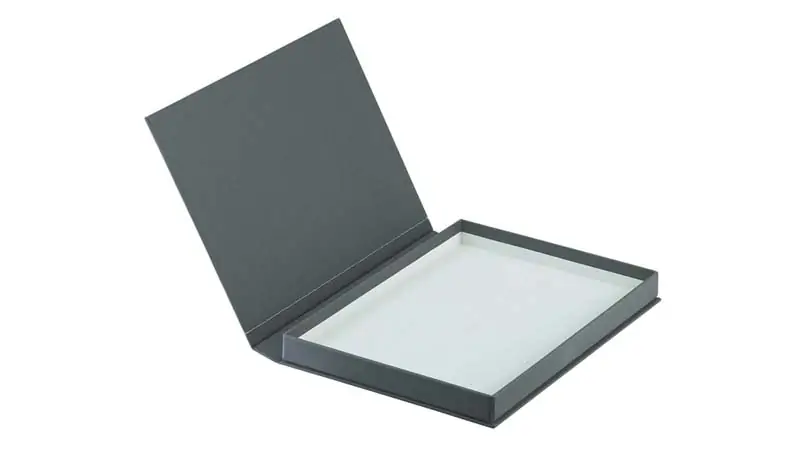Discuss the various modes of creating charges.
Various modes of creating a charge by bank are:
Pledge:
Pledge is said to be a bailment of goods as security for payment of a debt or performance of a promise. Pledged is the borrower who pledges the property and pledgee is the person with whom the property in pledged. Two important features of pledge are delivery of goods and return of goods.
Ownership of goods is not given and only possession over the goods is given, when goods are pledged. The pledger remains the owner of the property. This method is said to be very popular and simple in order to secure a charge on the property. The bank has the right to retain the security only in case of a particular debt for which goods are pledged.
Hypothecation:
It is a mode that creates charge on goods or related documents without surrendering the possession of goods. It is a legal transaction where goods may be made available as security for a debt without transferring the property or possession to the lender. It is the borrower who keeps the possession of hypothecated goods. For the debt amount, an equal charge is created on the goods.
Hypothecator is the borrower who hypothecates the goods and hypothecates is the lender. The borrower performs this method by using a document in favor of the lender called letter of hypothecation. Letter states that the said goods or property are at order and disposition of the lender until the debt is cleared. This method is said to be a risky one and that is why regular inspection and physical verification should be done of the hypothecated goods by the bank.
Mortgage:
It means transferring interest in a specific immovable property by one person to another with a vie to secure an advance of money. Mortgagor is the transferor and mortgagee is the transferee. Mortgage deed is said to bean instrument with the help of which the mortgage is effected. Mortgage money means the advance of money by which the mortgage is effected.
It is not necessary that possession of the property is always transferred to the mortgagee. Possession remains with the mortgagor. Mortgagee has the right, as per which he can sell of the property and recover his loan. Interest that lies in the property is conveyed to the mortgagor, when amount of loan with the interest is repaid by the borrower.
Mortgage is of many types simple mortgage, usufructuary mortgage, English mortgage, mortgage by conditional sale, anomalous mortgage and equitable mortgage.




